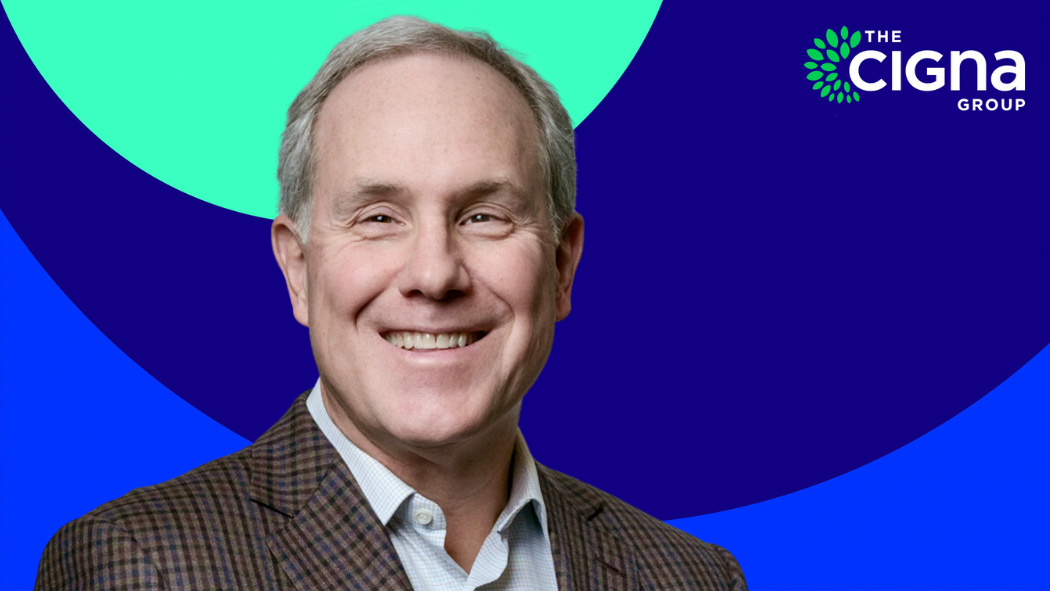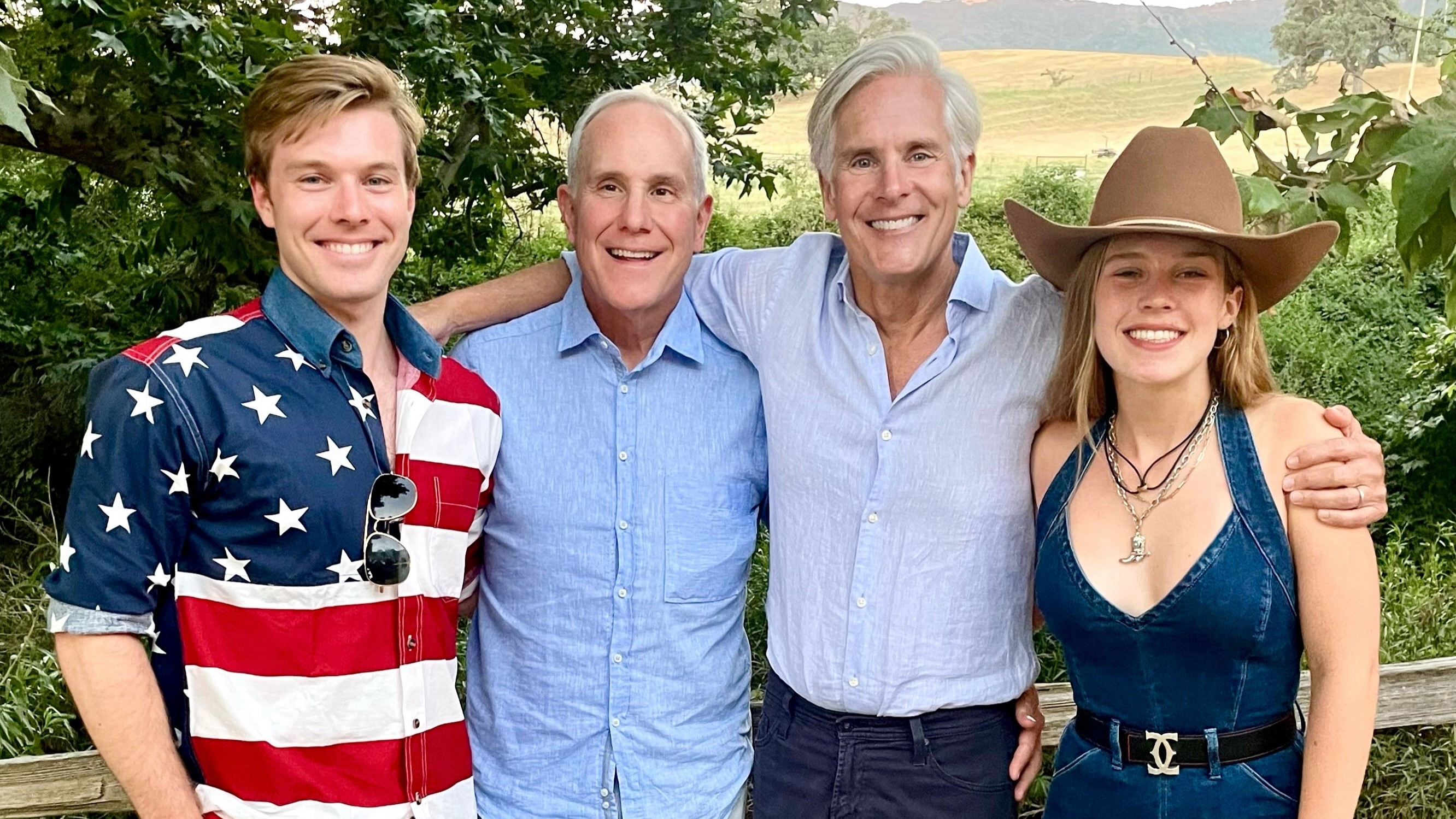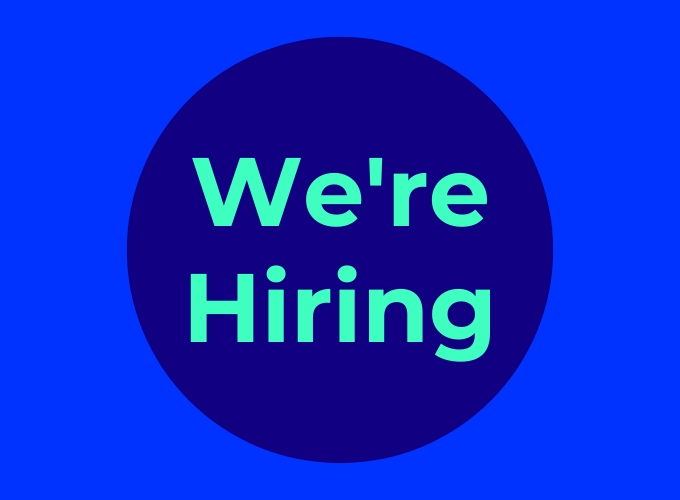
The Cigna Group’s Dr. David Brailer has always had a passion for learning, which guided him to college classes by the age of 16 and to the White House, working for President George W. Bush as the national coordinator for health information technology – a role that he describes as “the first U.S health IT czar.” Today, Dr. Brailer –who describes himself as a physician, economist, entrepreneur, investor, and health advocate – is the Cigna Group’s chief health officer.
“I don't really feel like I've had a job, ever,” he said. “I've kind of had a lot of fun projects, working in the arena where research and technology and finance meet health care.”
We sat down with Dr. Brailer to talk about his past, the present – and how he sees the future of health care.
What was your childhood like?
I grew up in Kingwood, West Virgina, which has a population of about 900. I had a fantastic childhood. We didn't even know we were poor because nobody we knew was rich. We played all day outside in the woods and built forts in the creeks. We’d be out all day, and that really gave us time for self-discovery and learning things.
I think about that a lot because my husband and I have two children and we live in San Francisco. How do I give them that sense of adventure and discovery and purpose – and autonomy – that we always felt? I see that taken away from kids so often.

Dr. David Brailer (second from left) with his husband, Matt, and their children, Preston and Arden.
You graduated from medical school at the University of Pennsylvania and have a Ph.D. in economics from the Wharton School. Aren’t those two distinct careers?
My parents were emphatic that education was key, and that’s always been my mantra. I was desperate to learn. I read all the books in our school library and the public library by the time I was about 13. I started attending classes at the local university a few years after that. It was about 20 miles away, which was about an hour-and-a-half drive because of the winding roads. I would go there two afternoons a week.
Computers were my real interest when I was in high school. I built a computer from a kit as an undergraduate in college, one of many computers that I would build. Data crunching and data analysis was my real love, but it was kind of preordained that I would go to medical school, because I came from a health care family. My mother was a nurse, my sister is a nurse, my other sister is a psychologist.
When I got to Penn medical school and the Wharton School, working on my degrees, is when I really found my people. In the economics of medicine, technology influences how medicine is delivered, whether it is a drug or a device or a way we figure out what's going on with the patient. That place where technology and economics come together has always been where I've done my thing.
You’ve had an unusual career path. Can you tell us a bit about your previous jobs?
After becoming a medical doctor and receiving my Ph.D., I continued at Wharton and the medical school as a professor. I started my first company during that time to study what was going on with doctors’ practices and trying to stratify patients by risk. We were trying to understand whether care was provided correctly – something that we’re still struggling with today. The second company I started was very similar to that.
Then I spent about four years working for President George W. Bush as the national coordinator for health information technology – in other words, I was the first U.S health IT czar. I then founded Health Evolution Partners, a private equity firm that invested in companies seeking to transform health care.
I’ve been at Cigna since September 2022. In those early jobs, at Cigna, and everywhere in between, I’ve been trying to use technology and economics to make care better. I found something I love, and I have done it ever since.
What drew you to The Cigna Group?
I've known CEO David Cordani for a long time. We've had an ongoing dialogue for years, and I've always really respected him. I also had attended and spoken at Cigna board retreats. In fact, my last pre-COVID travel, March 6, 7, and 8, 2020, was to the Cigna board retreat in Scottsdale, Arizona.
During COVID, I had an epiphany: I don’t work on a project I don’t like, I don’t meet with somebody I’m not interested in, everything I do, I get a briefing book on. It was so boring. I wasn’t drifting: Things were just easy, and going well.
I’ve always liked big challenges, when something’s at stake. I said to David, “I’m looking for a big challenge.” He said, “Why don’t you come and help me?” I told him that wasn’t what I had in mind, but we talked about it, and a month later we agreed.
David knew that the future of this company was around how we add value, how we partner with clinicians and become much more involved in getting people engaged in their health care while being an advocate for them. I’m very impressed with what I’ve seen and the company’s commitment to those areas – what is known as value-based care.
What’s coming next?
We have a lot on the horizon, but one area we are committed to is value-based care are where physicians are paid for improved outcomes. Value-based practices, which are quite prominent in Medicare, cost 30% less with better outcomes and better satisfaction. That's the proof in the pudding. That’s why I’m so excited about our partnership with VillageMD.
Doctors love value-based care, and patients love it. Their health outcomes are better, hospitalizations are lower, all the metrics are better. The quality of life for the patients is so much higher because they’re not as sick. What we're betting on here is that the next big area for this is going to be commercial health care.
To support this effort, we’ve pulled together leaders from across the organization for the Clinical Excellence Project. They’re working together to support patients in an equitable, culturally sensitive, and holistic manner with aligned models of care.
Those changes are the backbone of all the things we're doing. The Clinical Excellence Project is made up of a vital, talented, devoted group of people who are yearning for more. This team is going to be the fulcrum as The Cigna Group continues to reach further, adding value in the health care industry.

Inspired by our leaders at The Cigna Group? Join the team.
Explore opportunities at The Cigna Group or with one of our subsidiaries and discover the impact you can make.